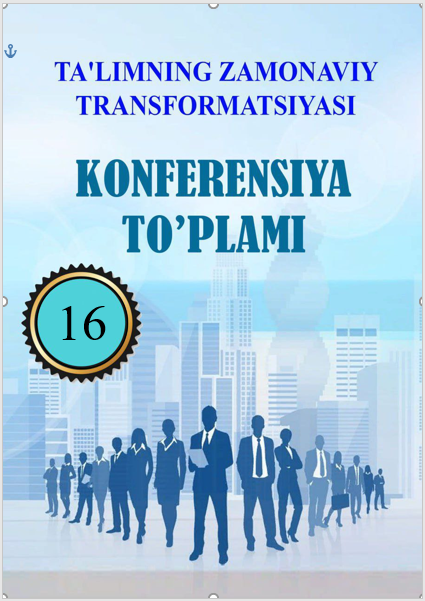METHODS AND ANALYSIS OF EFL IN LOCAL INSTITUTIONS: TEACHING ENGLISH THROUGH TRANSLATION
Ключевые слова:
EFL, translation method, bilingual education, communicative competence, teaching mmethodology.Аннотация
Teaching English as a Foreign Language (EFL) in local institutions often presents challenges related to linguistic and cultural differences. One widely debated method is translation-based teaching, which integrates the students’ native language (L1) as a tool for developing English proficiency. This paper explores the effectiveness of teaching English through translation, analyzing its benefits, drawbacks, and practical applications in local educational institutions. By examining different pedagogical approaches and student performance data, the study aims to determine whether translation enhances language acquisition or hinders communicative competence. The research includes both quantitative and qualitative analyses, incorporating surveys, classroom observations, and test score comparisons. The findings contribute to discussions on optimal EFL methodologies, particularly in contexts where translation remains a dominant instructional practice.




